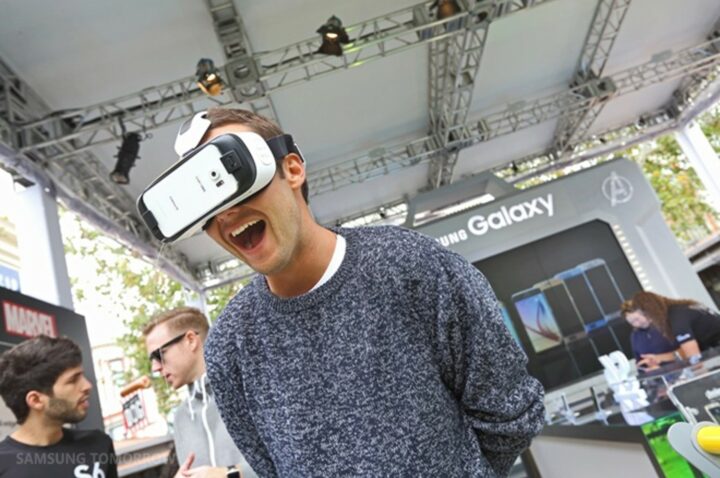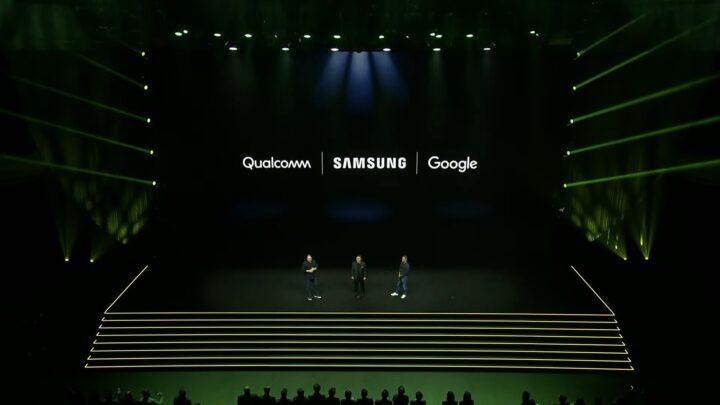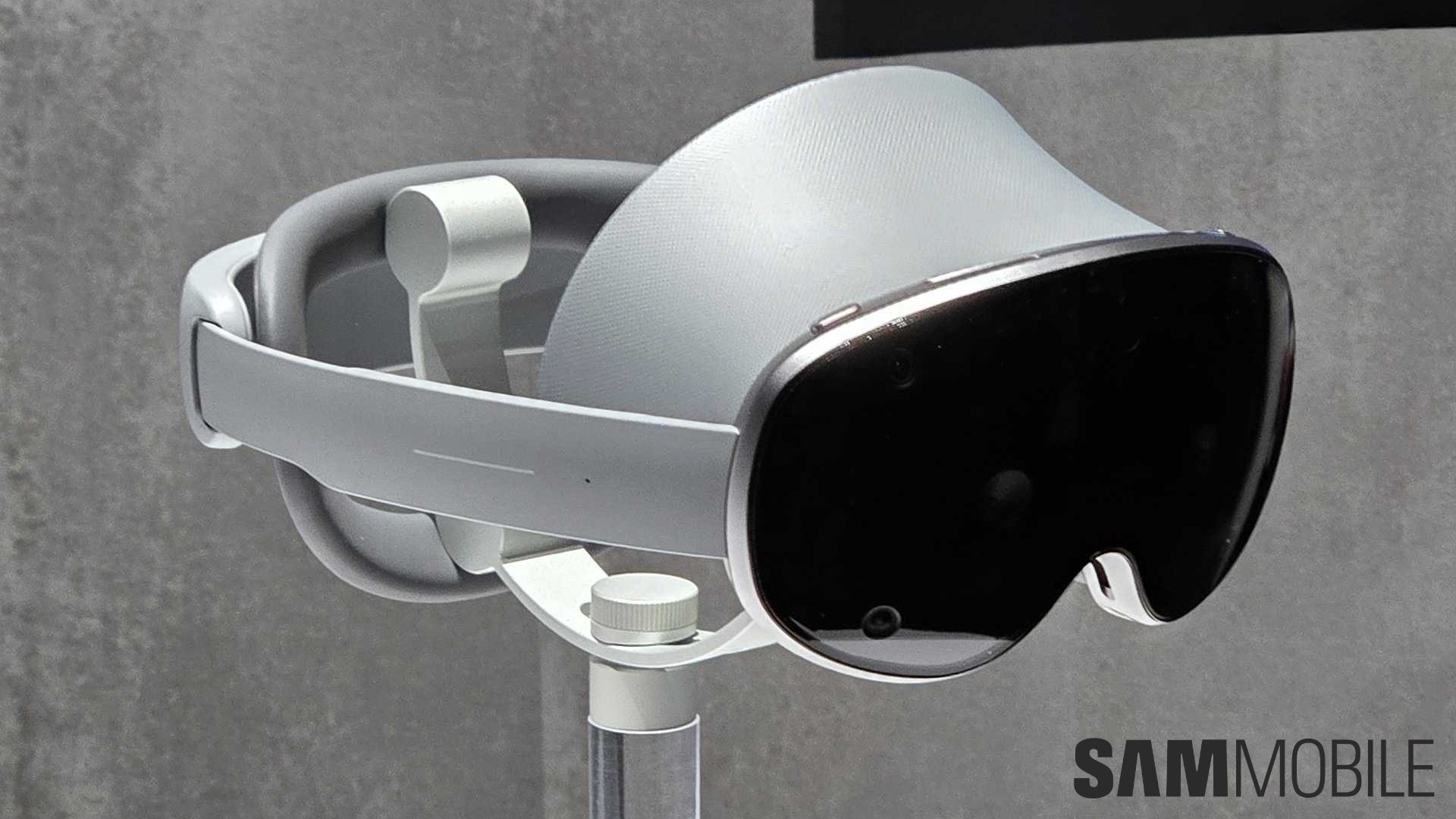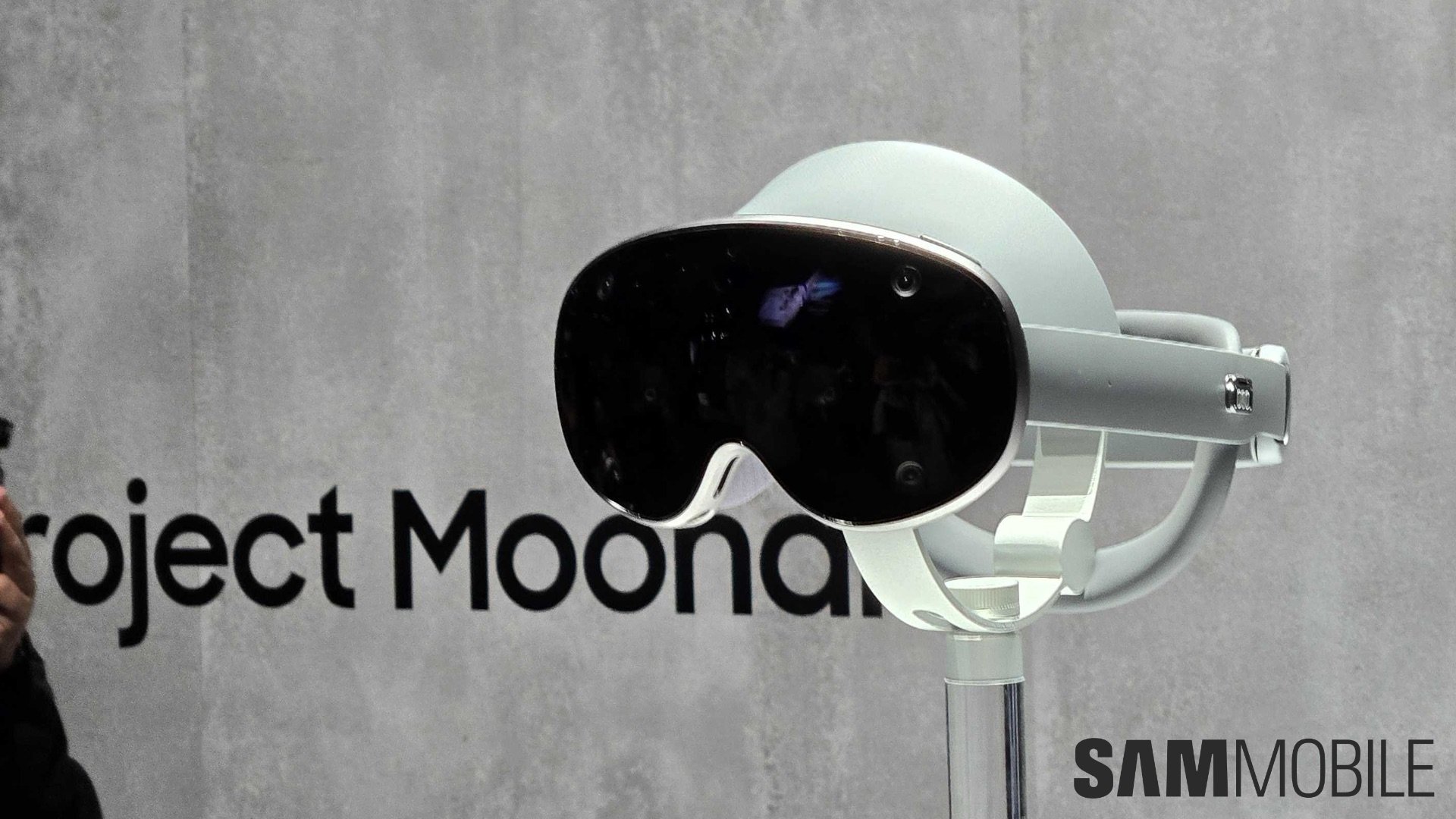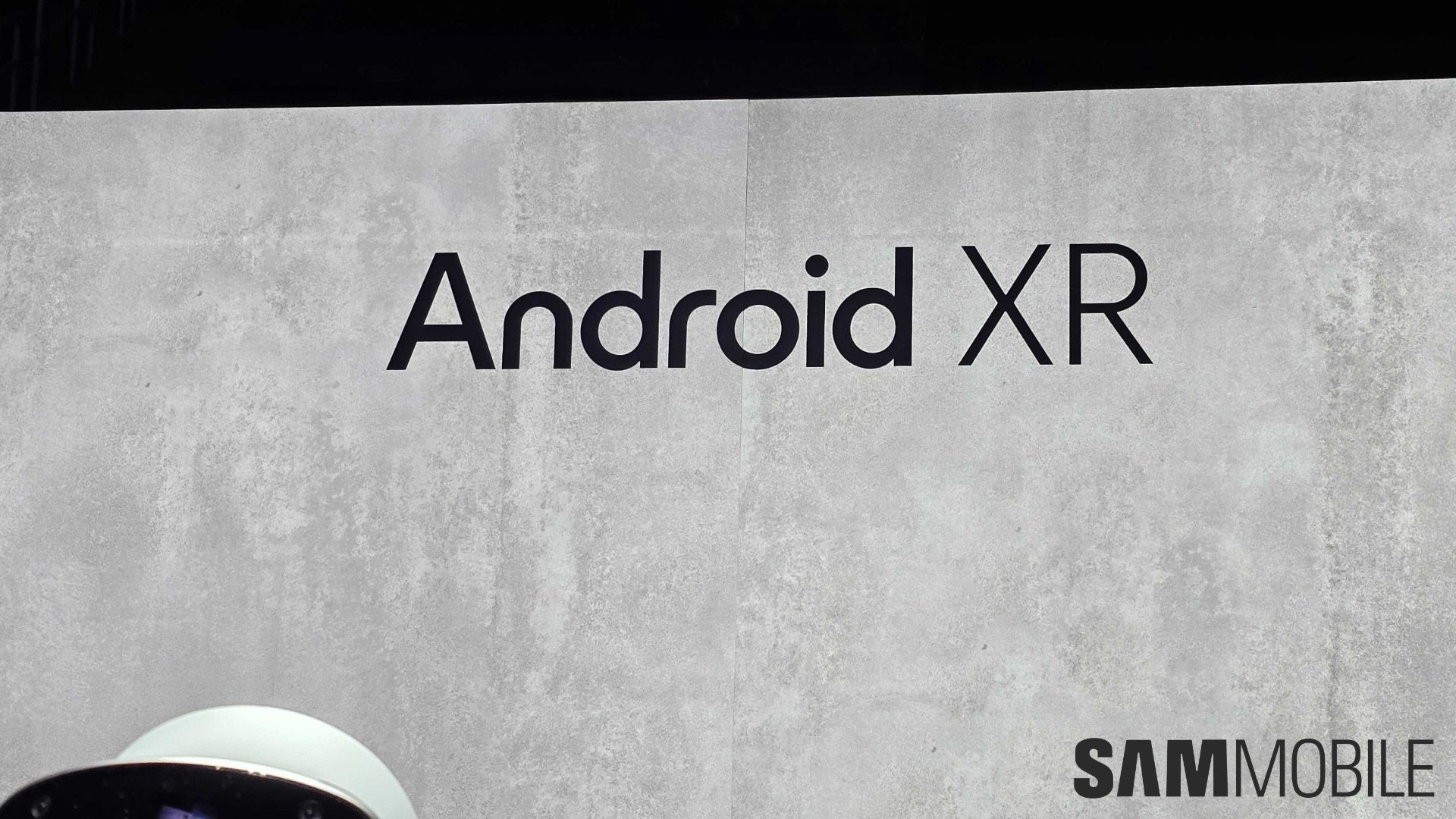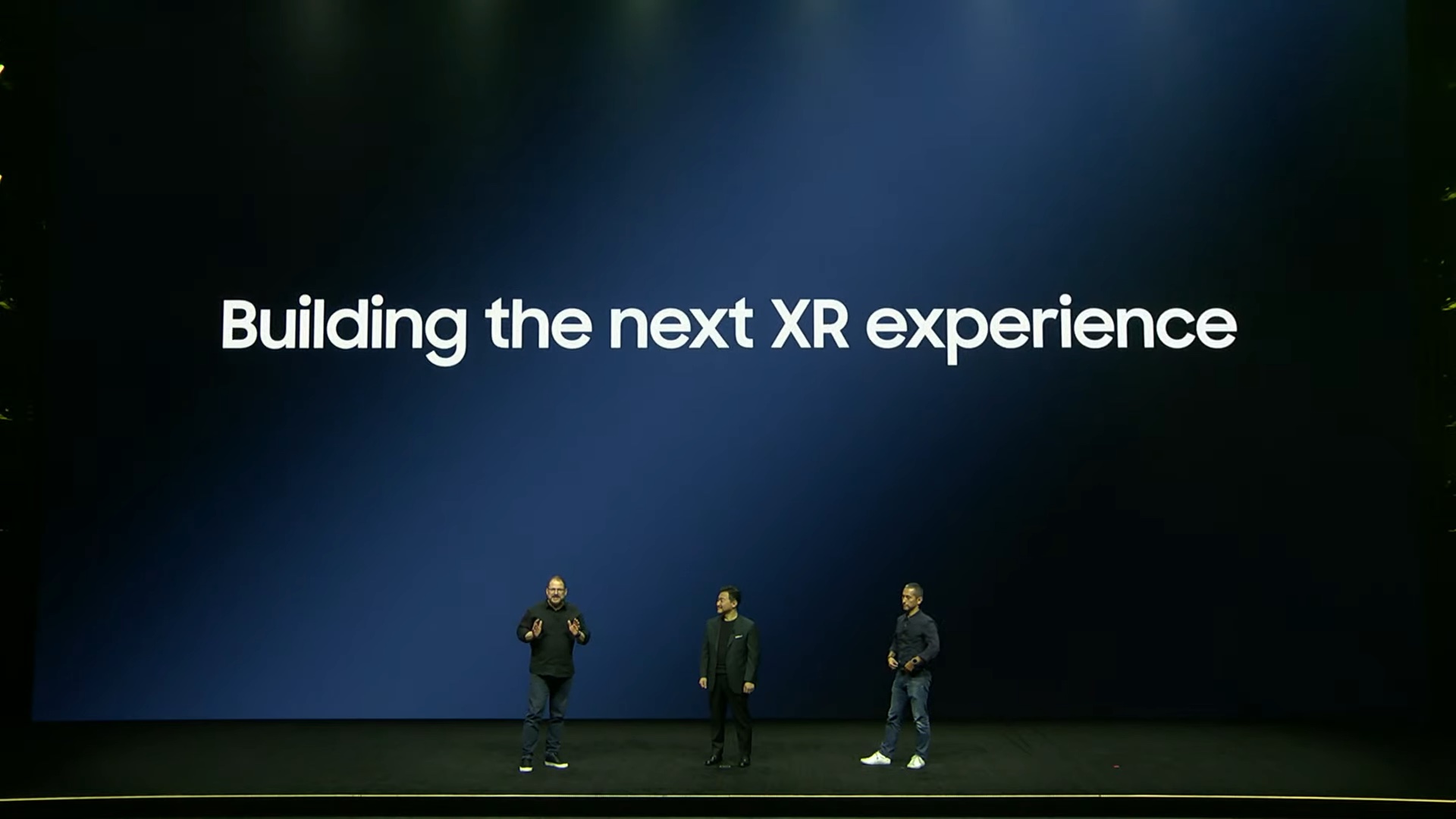
That is undoubtedly a positive sign if Samsung intends to be competitive in the emerging VR/AR market. A cheap VR shell of a headset that needs a smartphone's display to show 360-degree videos and photos with significant delay just doesn't cut it anymore. Samsung's headset needs to be much more than that if it wants to become a player in the so-called “metaverse” segment.
And unfortunately, unless Samsung wants to create another Beat Saber machine on purpose, I'm a little worried that its headset might not have a strong-enough foundation to succeed, even with Google's assistance. Either that or Samsung may have somehow managed to conceal billions of dollars of investment into this project.
Hardware won't mean much without serious software applications
Although AR/VR hardware and things like image clarity, portability, battery life, low latency, and field of view are vital to get right for a headset, so are its software applications. And that's the tricky part and why I worry that Samsung and Google might not do enough to ensure that the upcoming mixed reality headset succeeds.
Facebook (or Meta, if you will) has poured billions of dollars into its idea of a metaverse so far, and most of those resources were allocated to developing AR software and AR-based alternatives to existing applications. Now, the company intends to invest an additional $19 billion in the metaverse this year. But even with these massive undertakings and investments, Meta's mixed reality platform, as a whole, is nowhere near appealing enough to be profitable and win over consumers.
Meanwhile, Apple has invested money and manpower for years in what appears to be its secret mixed reality weapon. And I'm guessing that, like Meta, the company spent a lot of time developing mixed reality software platforms to lend credibility and real-world usability to its upcoming hardware.
We haven't heard much about Samsung investing in AR, aside from a $25 million investment in holoportation development company DoubleMe in 2022. Having said that, it is possible that Samsung's mixed reality headset will probably be built around Google's existing ARCore platform. And I just don't think apps like Beer Pong AR or ARCore Measure will be enough to make Samsung's upcoming headset a “must-own” item and a breakthrough in mobile mixed reality solutions — especially for enterprise clients.
I somehow doubt Samsung poured as much money into its XR project as Apple and Meta
Samsung needs a powerful suite of AR / Extended Reality apps and services to ensure the success of its headset. Perhaps the company is working on bringing many of its iconic One UI apps to the augmented reality space, and maybe we don't know it yet. Holoportation technology is certainly a good start. And so would creating One UI app alternatives for augmented reality.
We have yet to see any evidence of Samsung creating a powerful AR software ecosystem. And, in my eyes, existing Google ARCore apps and services don't seem impressive enough to build a future-proof foundation for a new hardware product dedicated to mixed reality. And neither does Samsung's AR Zone, so I'm a little worried that Samsung might be developing a gimmick rather than a revolutionary device.
I hope my worries will vanish and that Samsung has the secret sauce to making its XR (Extended Reality) headset a defining product, opening the doors to a new era of virtual communications and interactivity. Maybe Samsung borrowed some ideas from Facebook and secretly spent billions of dollars on its own metaverse in anticipation of its upcoming XR headset. But to me, that seems rather unlikely, and I hope that at least this partnership with Google pays off in the end and that Samsung's first XR headset proves its worth.
At the end of the day, there's also the question of whether or not investing too much money into mixed reality is a good idea in the first place. On one hand, if Samsung wants to compete with Meta and Apple, then yes, it must create a competitive product. But on the other hand, the AR market has yet to prove itself, and perhaps Samsung is wise not to risk too many resources on its XR project.
It's a two-edged sword. Without enough investment and R&D, Samsung's XR headset could fail to impress, and the company may lose face as mixed reality evolves into a mainstream product. Then again, even with a big-enough investment, AR might not be worth it if the whole metaverse proves fruitless and a waste of time for everyone involved.












